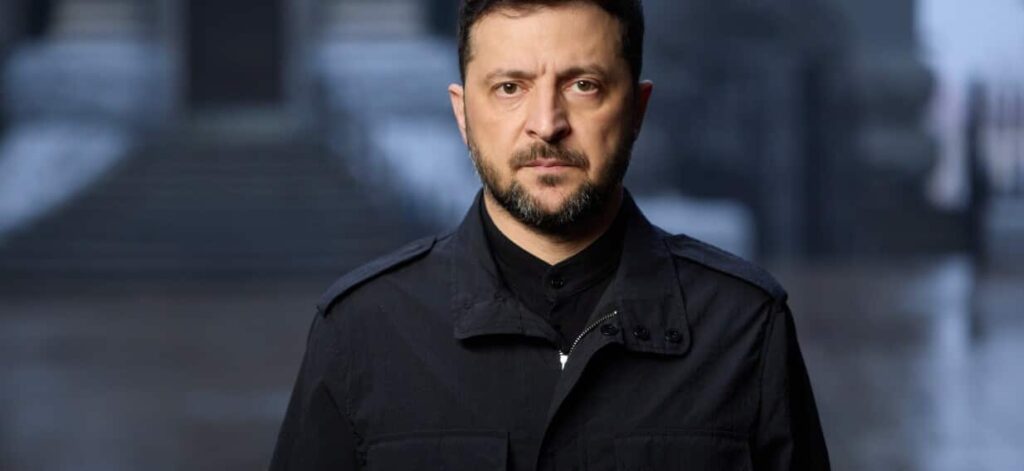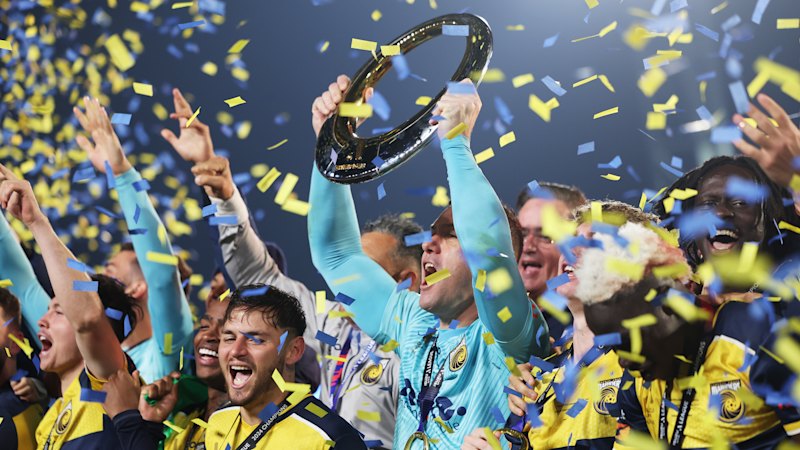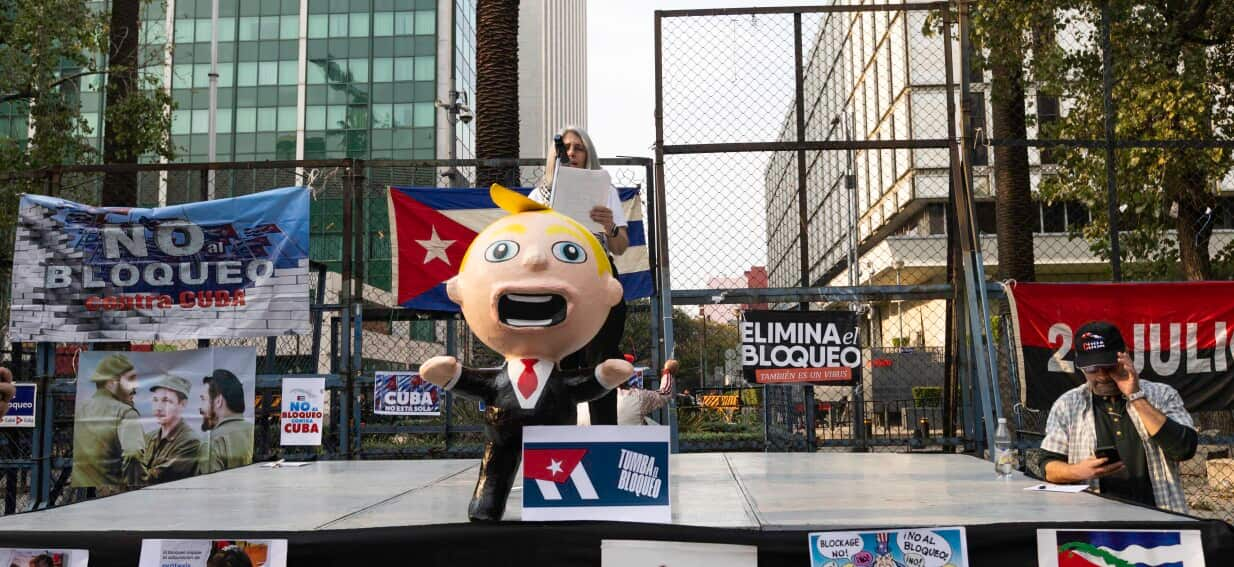
Ukrainian President Volodymyr Zelenskyy has firmly rejected a United States proposal aimed at resolving the ongoing conflict with Russia. The plan, which includes several contentious terms, has been welcomed by Russian President Vladimir Putin, who sees it as a potential pathway to solidify Russia’s gains since the invasion began nearly four years ago.
The 28-point proposal, presented by US President Donald Trump, sets a deadline of one week for Ukraine to accept its terms. According to the plan, Ukraine would be required to cede territory, limit its military capabilities, renounce aspirations to join NATO, and conduct snap elections. In exchange, Russia would gain territory and be reintegrated into the global economy, including a potential return to the G8 group of industrialized nations.
In a televised meeting, Putin expressed optimism about the US plan, stating it could serve as a foundation for resolving the conflict. He also issued a warning, indicating that further territorial claims could follow if Ukraine does not engage in negotiations. “Ukraine and its European allies are still living under illusions,” he remarked, underscoring Russia’s steadfast position on its territorial demands.
Zelenskyy delivered a solemn address to the Ukrainian public, emphasizing the gravity of the situation. “Now is one of the most difficult moments of our history,” he stated. The president highlighted the dilemma facing Ukraine: choosing between national dignity and risking the loss of a vital international partner. He vowed to fight tirelessly to protect Ukrainian interests, particularly regarding dignity and freedom.
Seeking support, Zelenskyy communicated with leaders from the UK, Germany, and France, as well as US Vice President JD Vance. During these conversations, he indicated his willingness to offer arguments and alternatives to the US plan, aiming to ensure that Ukraine’s core values are upheld.
The proposal has faced significant backlash within Ukraine, being characterized by many as capitulation. Observers note that acceptance of such terms could test the resilience of Ukrainian society, which has endured relentless warfare since the conflict’s onset. European leaders, who were not consulted on the US plan, have voiced their strong support for Ukraine. Kaja Kallas, the EU’s foreign policy chief, emphasized, “We all want this war to end, but how it ends matters. Russia has no legal right whatsoever to any concessions from the country it invaded.”
US officials have defended the proposal, asserting it was formulated in consultation with Rustem Umerov, secretary of Ukraine’s national security and defence council. A senior US official claimed Umerov had agreed to the majority of the plan after modifications. However, Umerov has since denied this assertion, stating that he played only a technical role in organizing discussions.
Key aspects of the US plan would require Ukraine to withdraw from territories it currently controls in eastern provinces that Russia claims to have annexed. In return, Russia would concede smaller amounts of land elsewhere. The plan also imposes a cap on Ukraine’s armed forces at 600,000, with provisions that NATO would not station troops on Ukrainian soil. Additionally, Ukraine would be permanently barred from joining NATO, a critical demand for its security strategy.
Zelenskyy has consistently called for enforceable security guarantees equivalent to NATO’s mutual defense clause to deter future Russian aggression. However, the US plan addresses this demand in vague terms, simply stating that “Ukraine will receive robust security guarantees.”
The geopolitical implications of the US proposal are profound. Trump has previously expressed impatience regarding Russia’s actions and recently imposed sanctions on two of Russia’s major oil companies. He stated that lifting these sanctions would be contingent upon the successful implementation of the 28-point plan.
As Ukraine navigates this precarious situation, the potential for further conflict remains high. The coming days will be crucial as Zelenskyy and his allies work to formulate a counter-proposal while balancing international expectations and national integrity.






